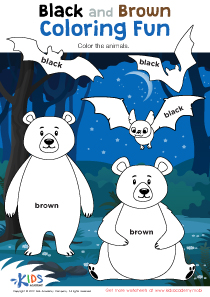Letter recognition English for Beginners Worksheets for Ages 4-6
41 filtered results
-
From - To
Our "Letter Recognition English for Beginners Worksheets for Ages 4-6" are perfect for young learners exploring the world of letters. These engaging and educational worksheets help children recognize and write letters effortlessly, establishing a strong foundation in English. Each activity is designed to capture kids' interest, featuring colorful illustrations and fun exercises. Ideal for preschoolers and kindergarteners, these worksheets support early literacy skills and boost confidence. Whether English is a new language or they’re just starting, our worksheets make learning enjoyable and effective. Start your child’s reading and writing journey today with these delightful resources!


Letter E Coloring Sheet
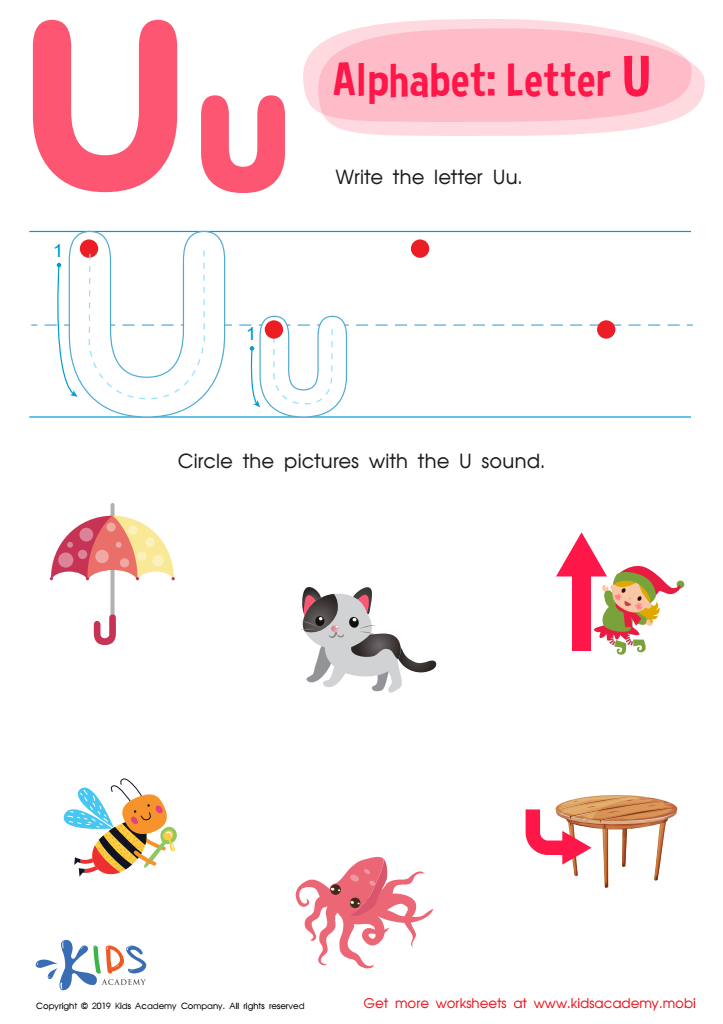

Letter U Tracing Worksheet
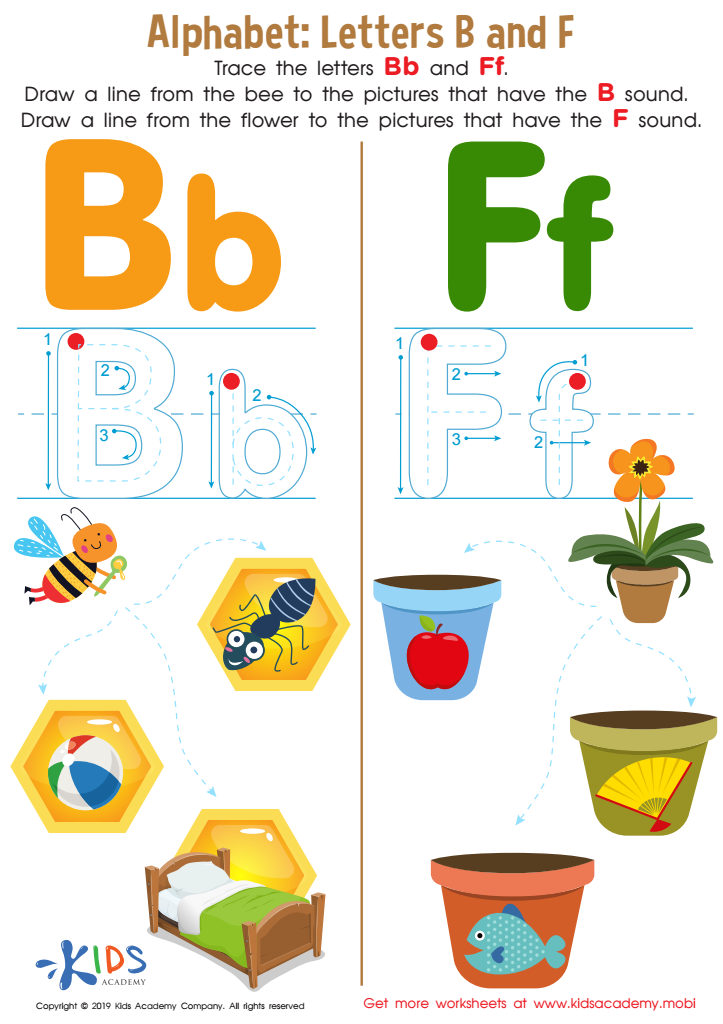

Letters B and F Tracing Worksheet


Letter R Tracing Page


Letter X Tracing Page


Letter P Tracing Page
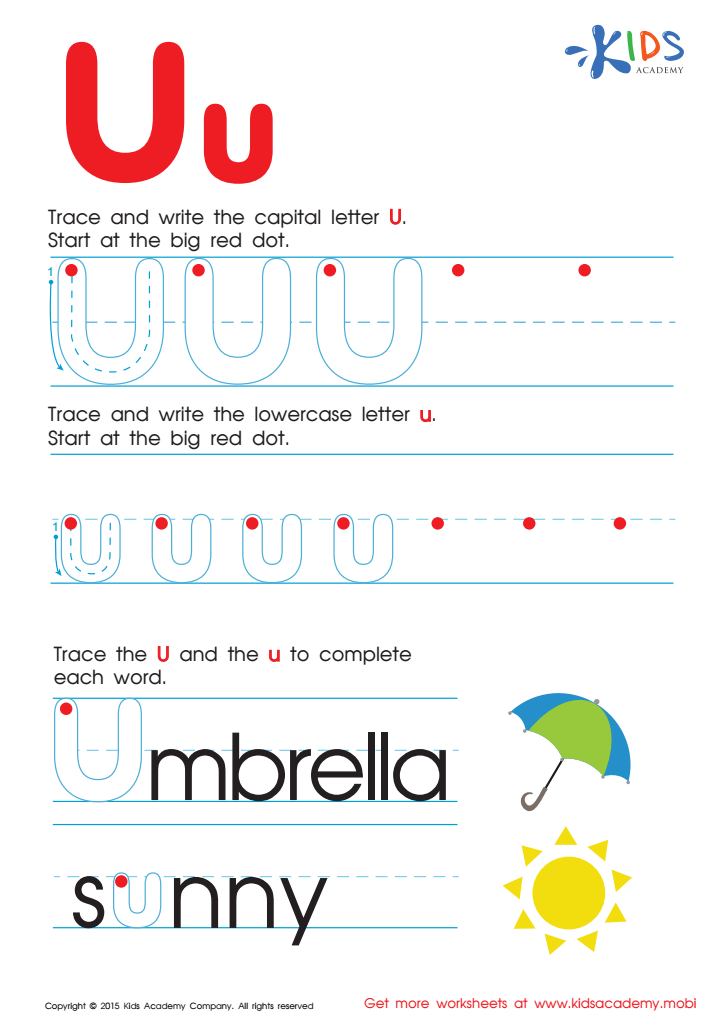

Letter U Tracing Page
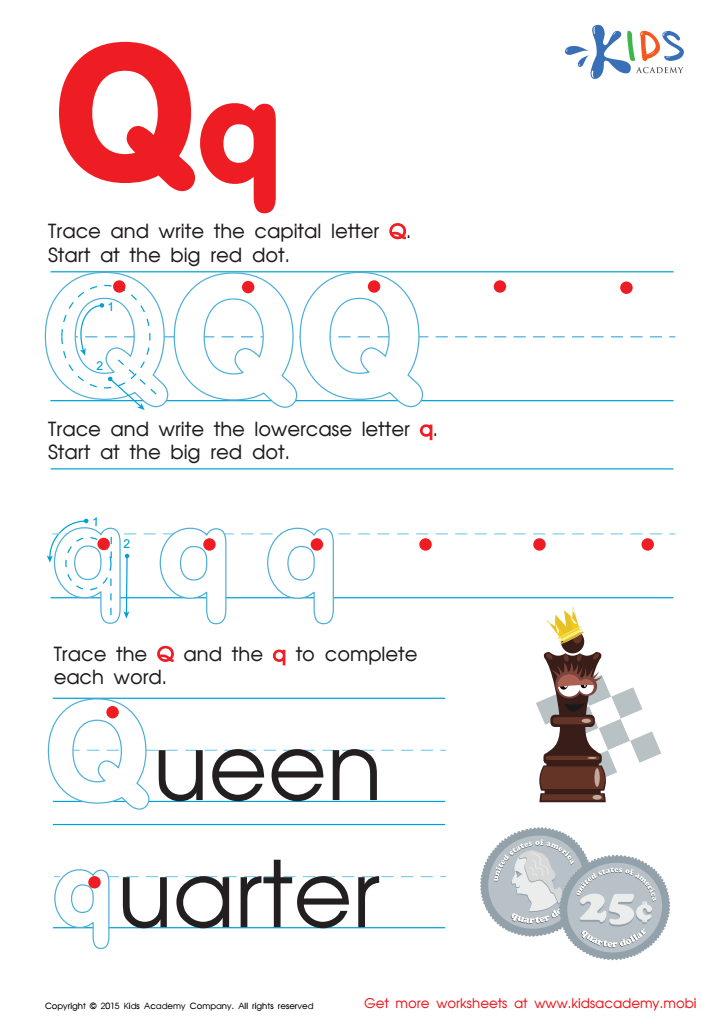

Letter Q Tracing Page
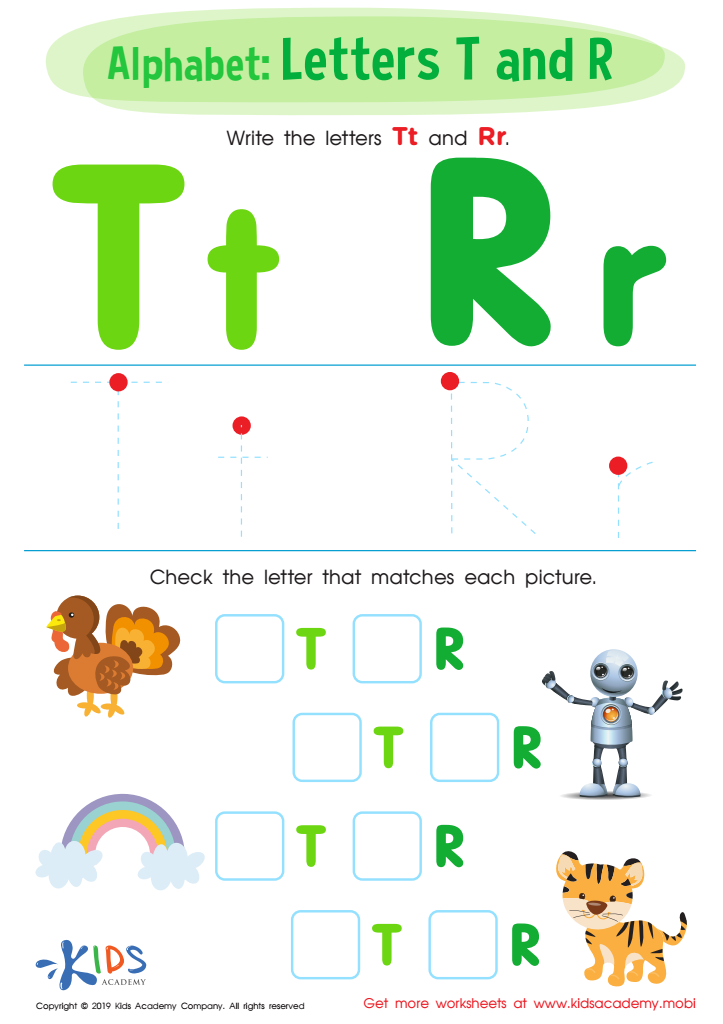

Letters T and R Worksheet
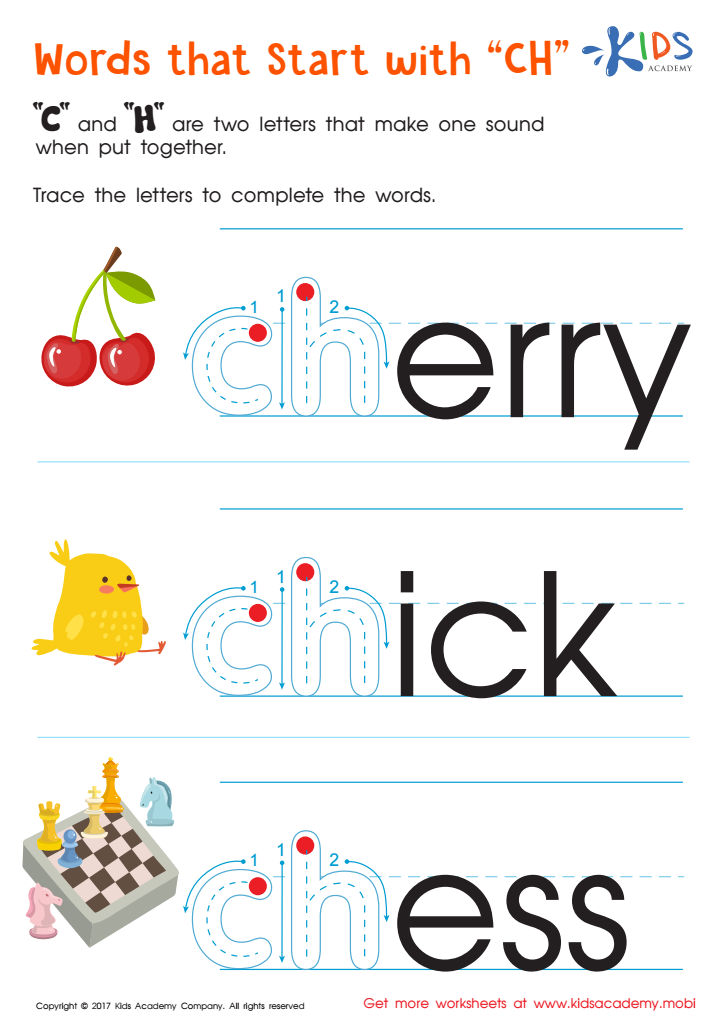

Words That Start with "ch" Spelling Worksheet
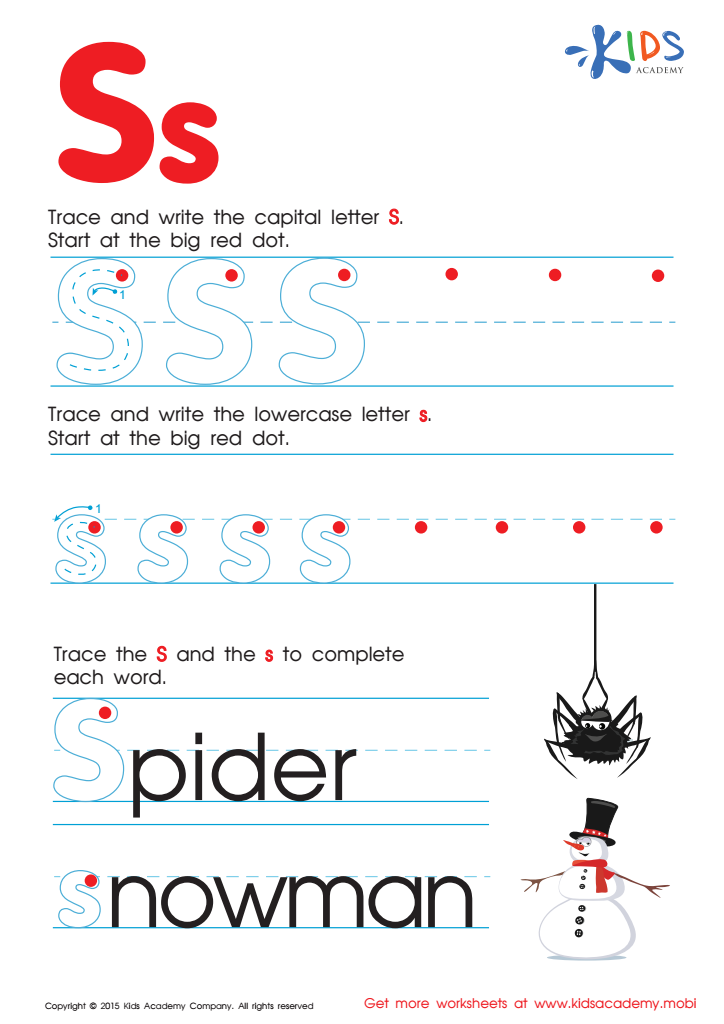

Letter S Tracing Page
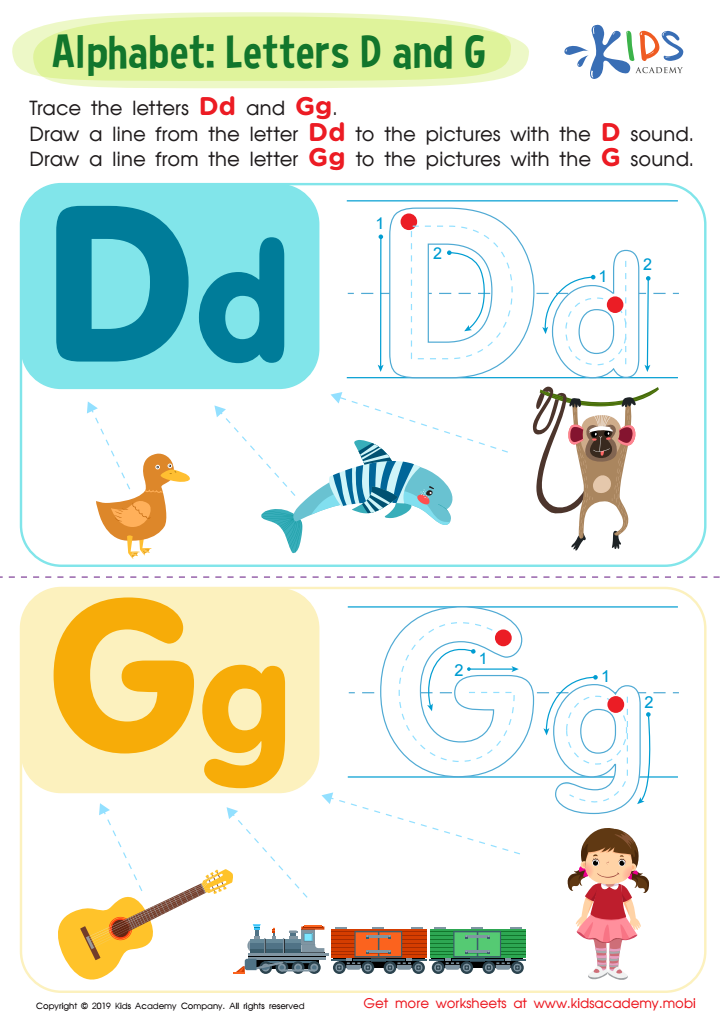

Letter D and G Tracing Worksheet
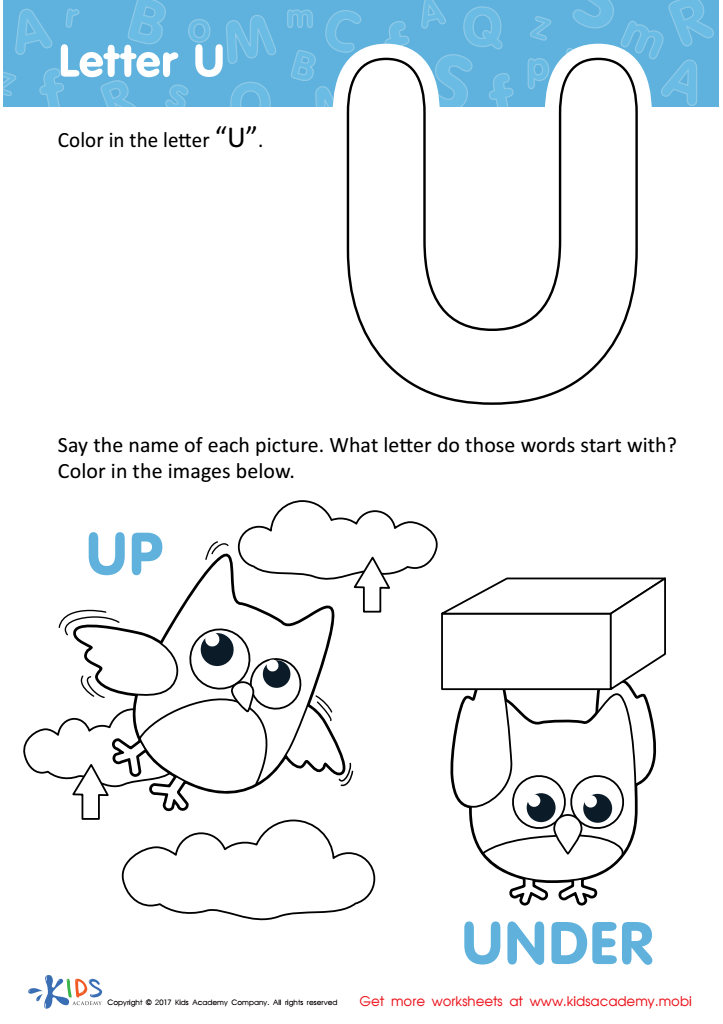

Letter U Coloring Sheet
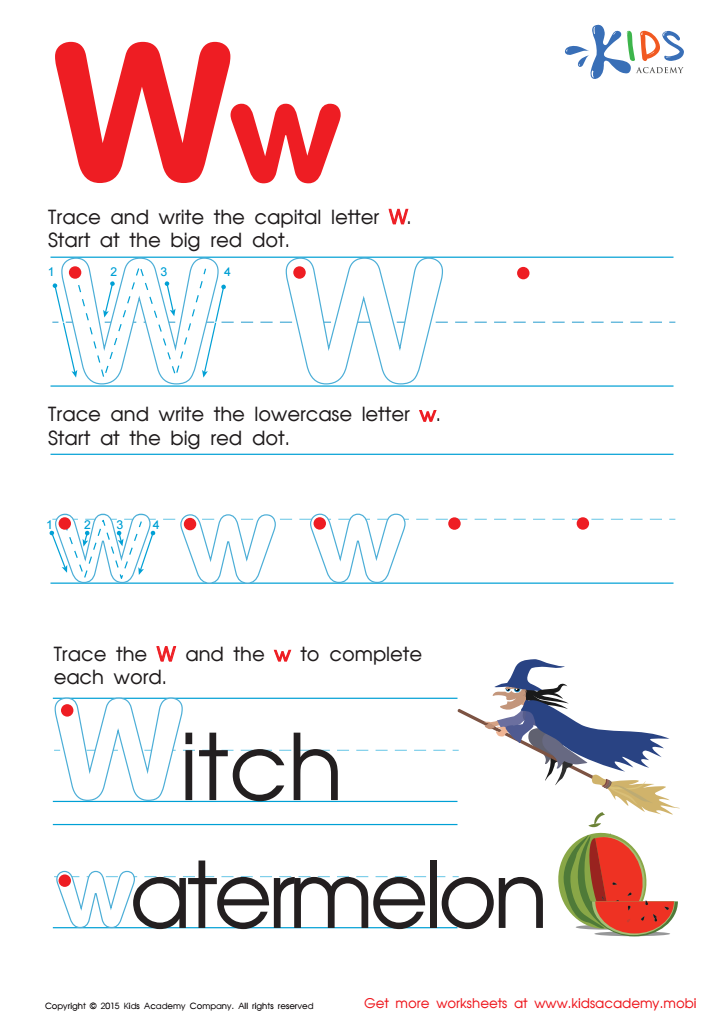

Letter W Tracing Page


Letter H Tracing Page
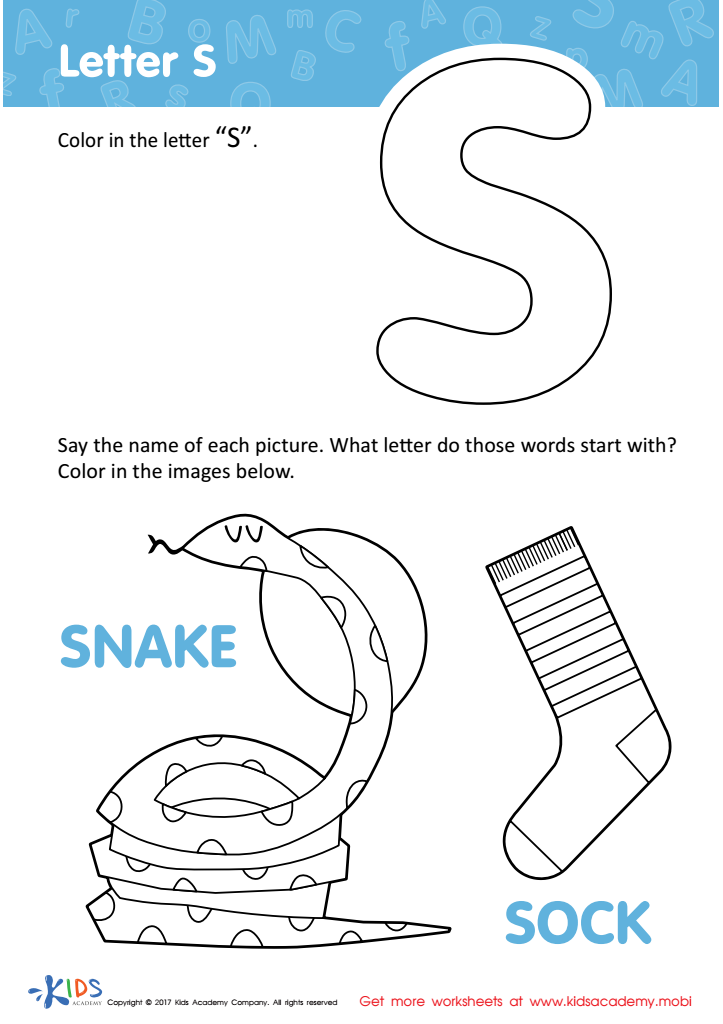

Letter S Coloring Sheet
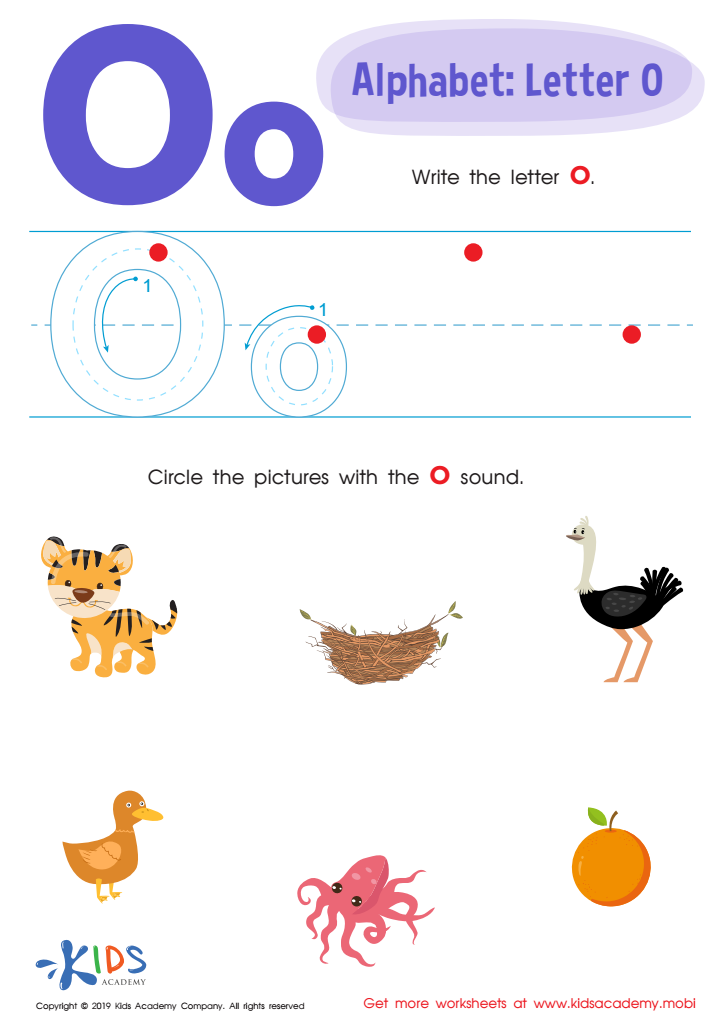

Letter O Tracing Worksheet
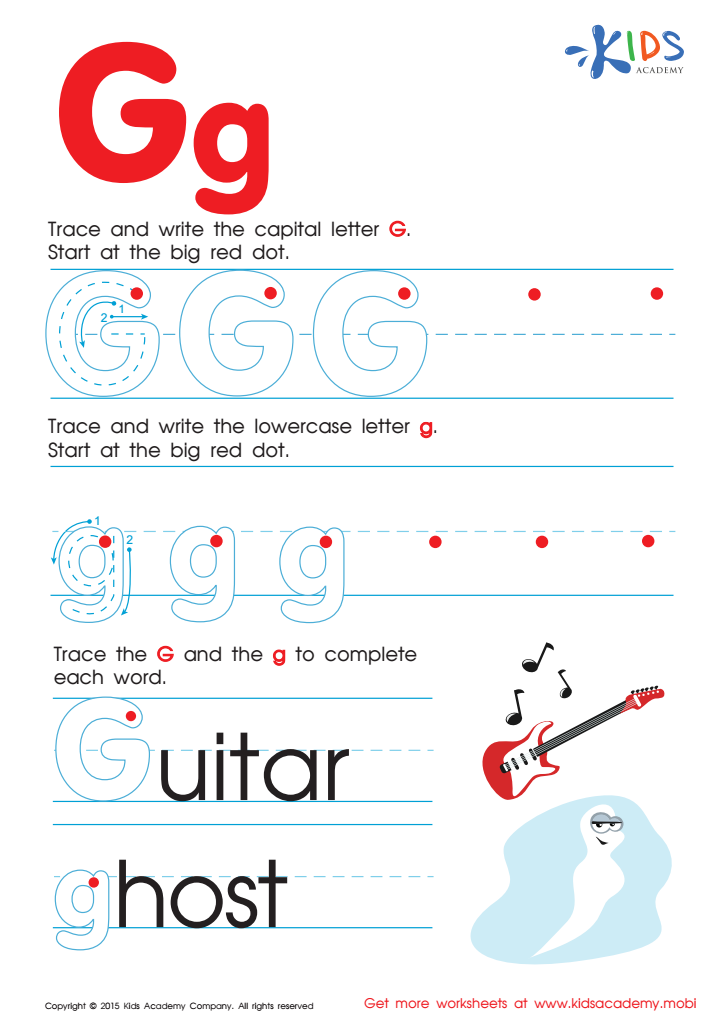

Letter G Tracing Page
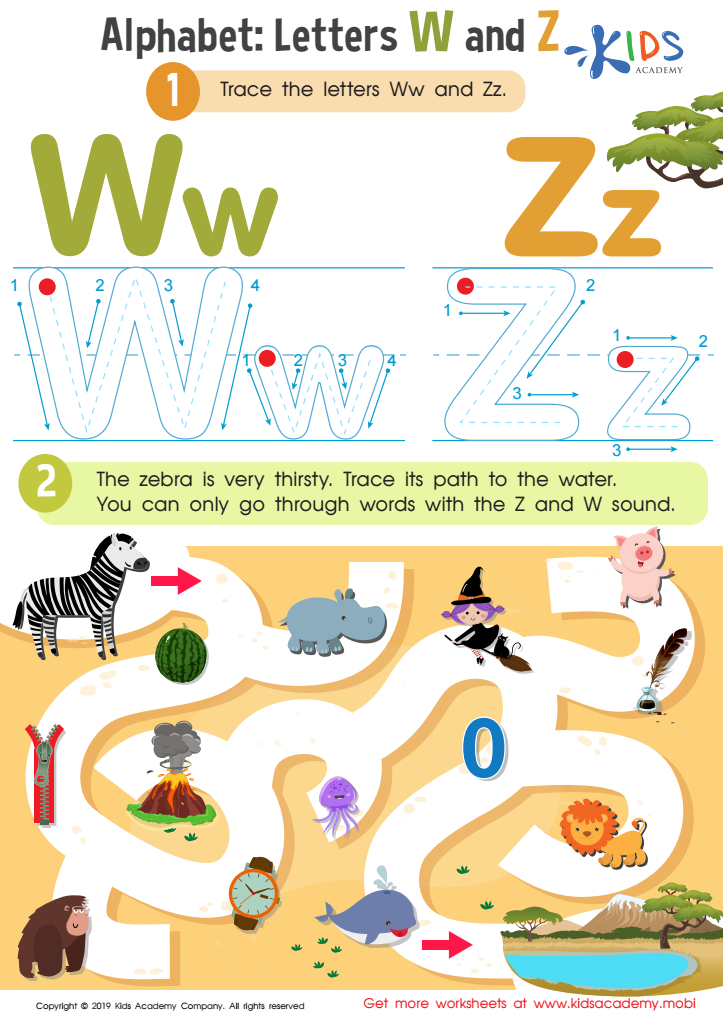

Letters W and Z Tracing Worksheet
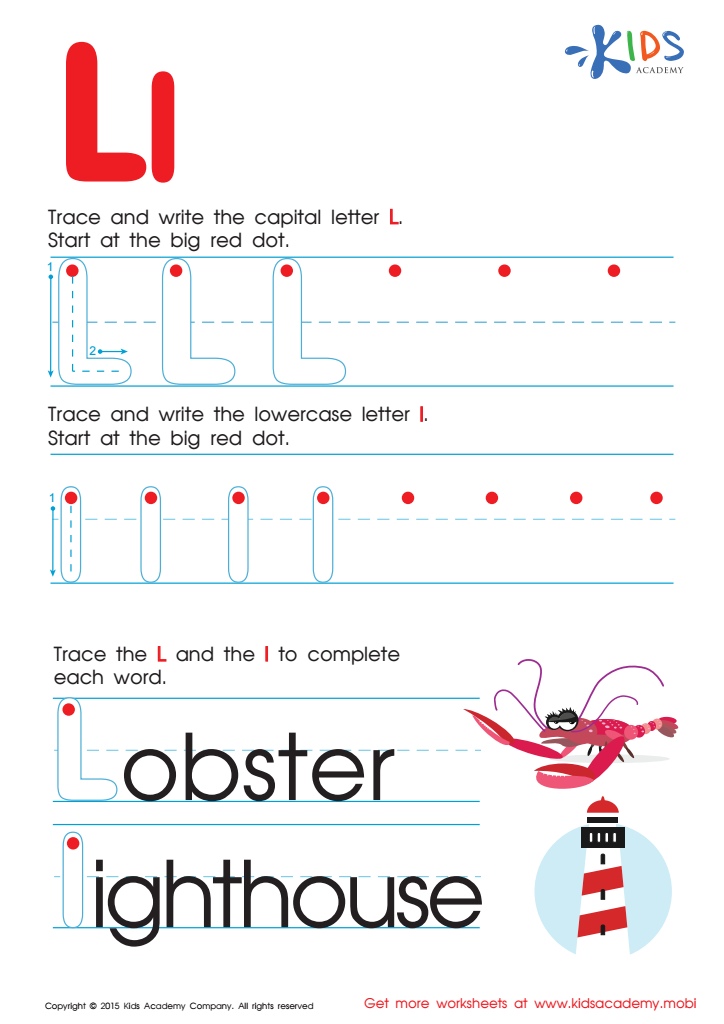

Letter L Tracing Page
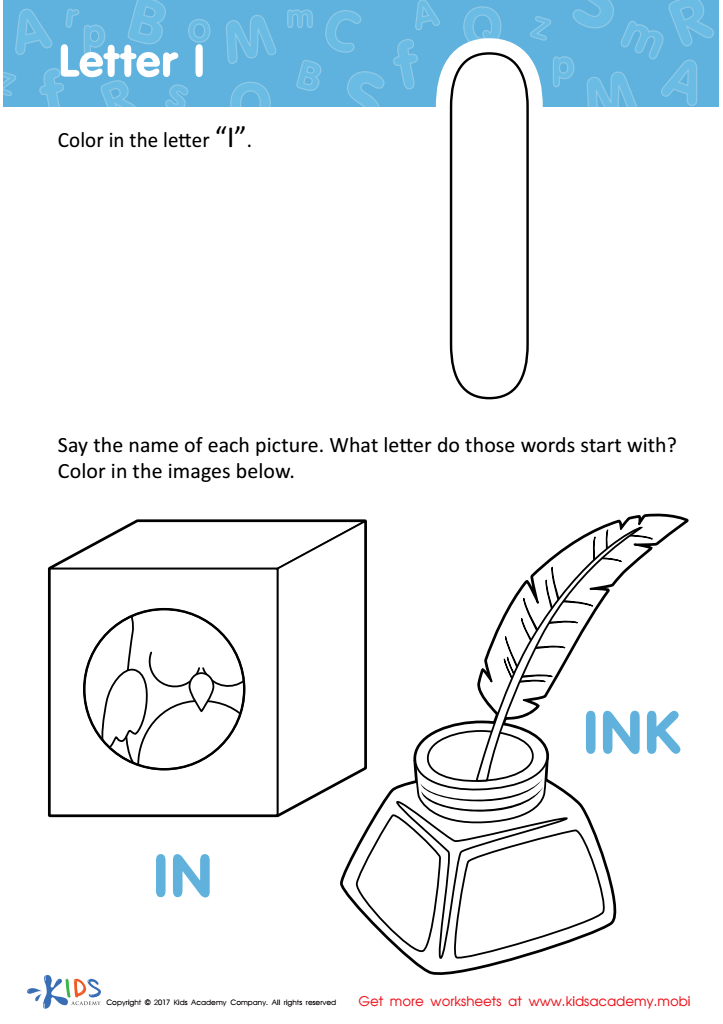

Letter I Coloring Sheet
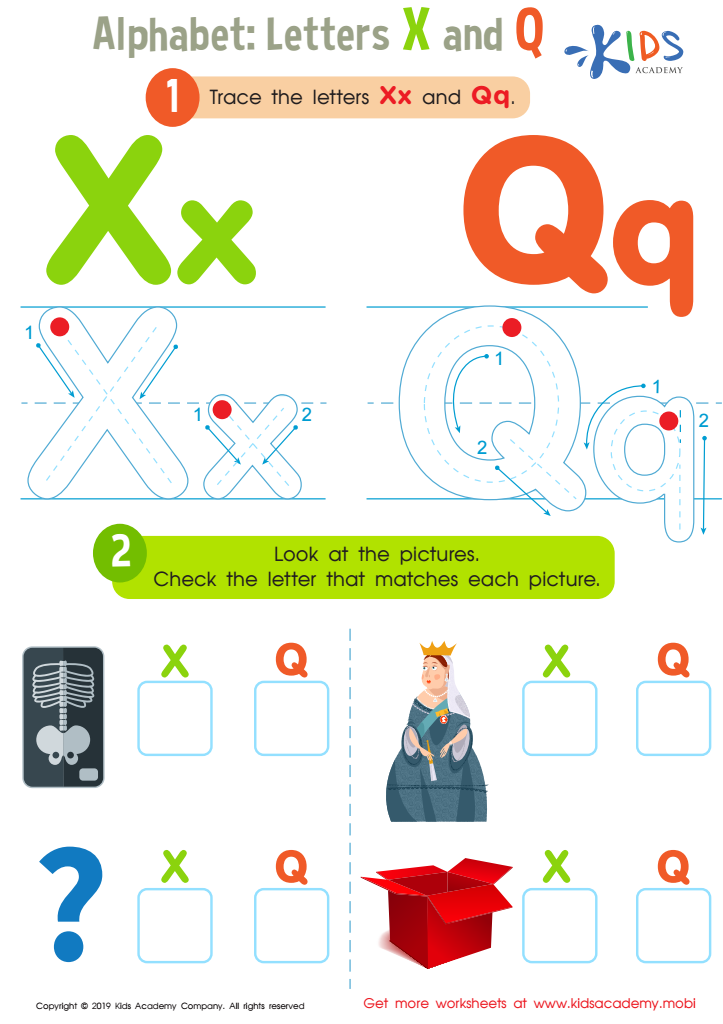

Letters X and Q Tracing Worksheet


Long and Short U Worksheet
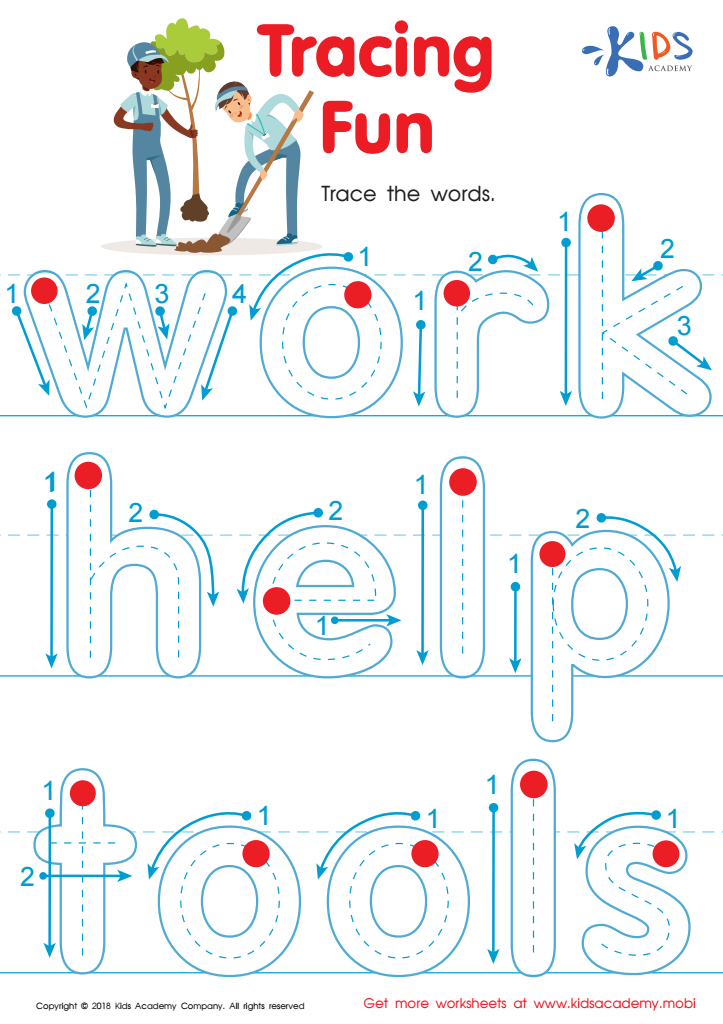

Tracing Fun Worksheet
Letter recognition is a foundational skill essential for early reading and writing success, making it crucial for parents and teachers to support this development for children ages 4-6. During these formative years, children are highly receptive to learning; understanding and recognizing letters early will set the groundwork for literacy skills needed throughout their academic journey.
Firstly, letter recognition helps children understand that printed text carries meaning, fostering their ability to decode words and sentences as they progress. This early familiarity strengthens their phonemic awareness — the understanding that letters represent specific sounds. Once children can easily identify letters and their corresponding sounds, they can begin to amalgamate these skills into reading simple words and sentences, boosting their confidence and enthusiasm for further learning.
Furthermore, early mastery of letter recognition enhances children’s visual memory, aiding not just literacy but also their ability to identify symbols and patterns in other educational pursuits. This skill is equally critical for writing, as it enables young learners to form letters correctly, improving their handwriting and spelling abilities.
By valuing letter recognition, parents and teachers pave the way for a smoother, more engaging learning experience. Children who develop solid letter recognition skills are more likely to enjoy reading and perform well academically, setting a positive trajectory for lifelong learning.
 Assign to My Students
Assign to My Students






